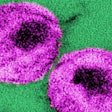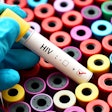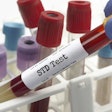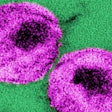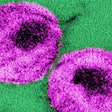Dear LabPulse Member,
June 11 brought news from the U.S. Preventive Services Task Force of continued strong support for HIV testing in adolescents and adults between the ages of 15 and 65, plus a new recommendation for preexposure prophylaxis (PrEP) with antiretroviral medication for people at high risk of getting infected.
About 45% of adults have been tested for HIV, based on the latest data available, and in 2018, only 17% of the 1.1 million in the U.S. who could benefit from PrEP actually got it. Will the new recommendations provide an impetus to boost testing across the board? Time will tell.
Today, we also feature an article by contributing writer Joseph Constance on ensuring the security of in vitro diagnostics and other clinical lab equipment to protect against healthcare cybersecurity threats. Experts weigh in on what's entailed by draft guidance on cybersecurity from the U.S. Food and Drug Administration.
Clinical journal news in the last week included a retrospective study by a multicenter, U.S. gastroenterology-pathology team of an investigational monoclonal antibody targeted test for identifying pancreatic lesions with the most risk of causing cancer.
Liquid biopsy tests for cancer attract a lot of attention, but research in other therapeutic areas is also underway, as shown by our report about the potential for a lipid blood test to characterize fatty liver disease in children and adolescents. The research was presented at a European medical meeting this past weekend and is part of the European Paediatric Non-Alcoholic Fatty Liver Disease Registry, which launched in 2018.
A different research team in Europe showed that a panel of 25 biomarkers, including the commonly used B-type natriuretic peptide, had an accuracy of 82% for the diagnosis of heart failure. The study is now being expanded to include more samples and more international sites, according to the researchers.





